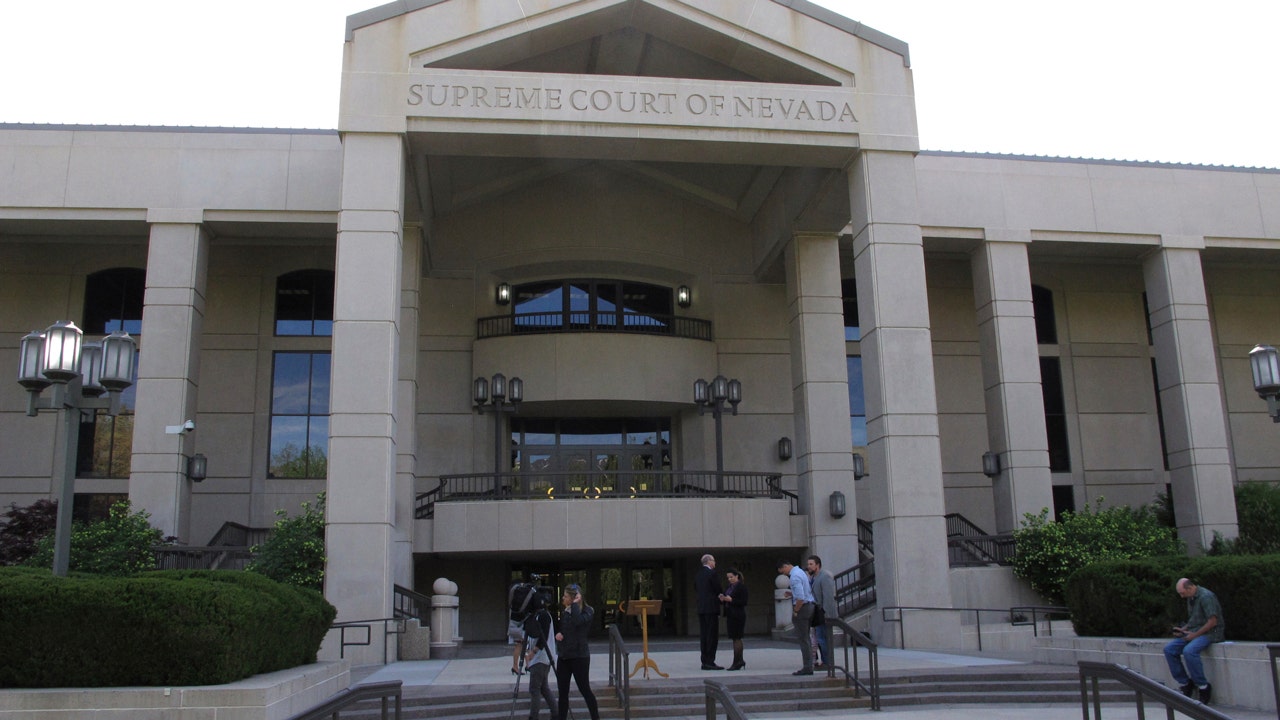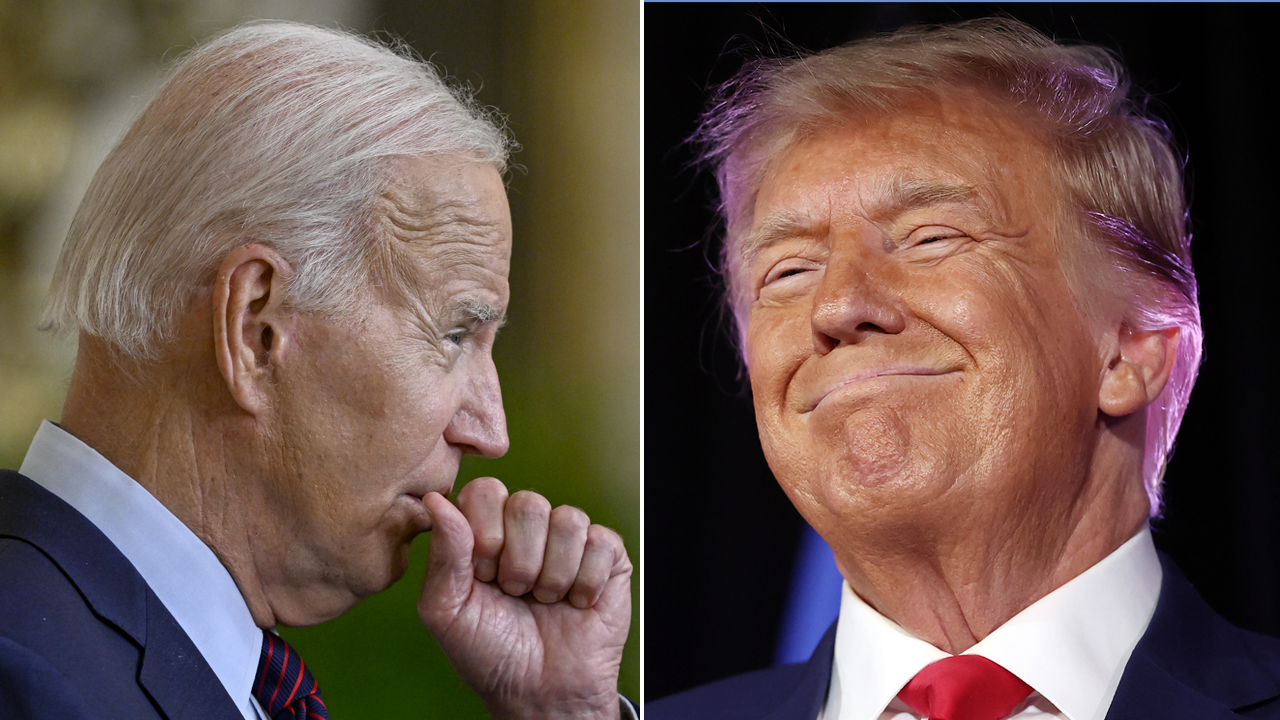The Nevada Supreme Court on Monday struck down a proposed ballot initiative that would allow voters to decide whether to repeal the public funding that lawmakers approved last year for a new MLB stadium in Las Vegas.
The Monday ruling dealt a blow for detractors of the funding who saw a ballot question this year as the most effective route to repeal key parts of the sweeping bill that paved the way for the Oakland Athletics to move to Las Vegas.
NEVADA SUPREME COURT WILL TAKE ANOTHER LOOK AT CHASING HORSE’S REQUEST TO DISMISS SEX ABUSE CHARGES
Five judges voted to uphold a lower court ruling that struck down the referendum. One judge dissented, while another concurred in-part and dissented in-part.
In a statement following the ruling, Schools over Stadiums political action committee spokesperson Alexander Marks said their focus is now to get the question on the 2026 ballot. The PAC is backed by the Nevada State Education Association, a statewide teachers union who has long opposed public funding for the stadium.
The stadium financing debate in Nevada mirrors those happening nationwide over whether public funds should be used to help finance sports stadiums.
People gather outside the Nevada Supreme Court in Carson City, May 8, 2018. The Nevada Supreme Court, Monday, May 13, 2024, struck down a proposed ballot initiative that would allow voters to decide whether to repeal the public funding that lawmakers approved last year for a new MLB stadium in Las Vegas. (AP Photo/By Scott Sonner)
A’s representatives and some Nevada tourism officials have said the public funding could add to Las Vegas’ growing sports scene and act as an economic engine. But a growing chorus of stadium economists, educators and some lawmakers had warned that it would bring minimal benefits, especially when compared to the hefty public price tag.
The Nevada Supreme Court ruled that the entirety of the 66-page bill must be included in the ballot question to provide its full context. But ballot referendums can be no more than 200 words — which lawyers for Schools over Stadiums admitted made it difficult to explain the complex bill during oral arguments last month.
The court ruled that the 200-word description submitted by Schools over Stadiums was “misleading” and “explains the general effect of a referendum, but it does not describe the practical effects of this specific referendum.”
Attorney Bradley Schrager, who represents the two plaintiffs who are labor union lobbyists in favor of the public funding, said on Monday that “all Nevadans have a right to participate in direct democracy, but they need to observe the laws that require properly informing the voters of a proposal. This measure obviously fails to do that.”
MLB owners have unanimously approved the A’s move to Las Vegas.



